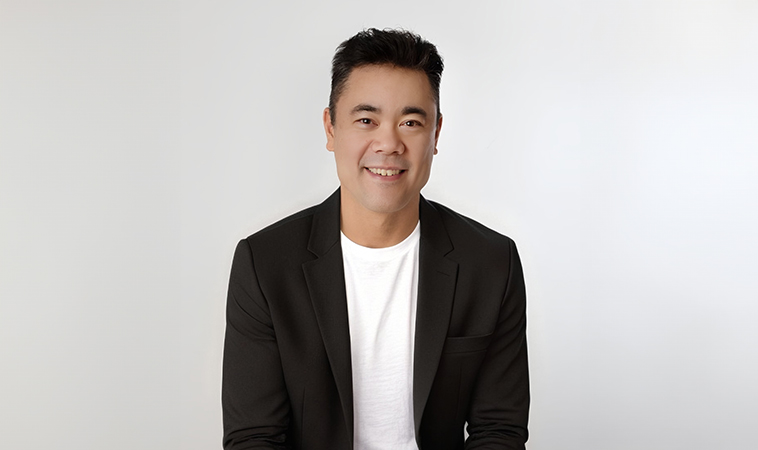Antonio Perez: Vision and Strategy in Modern Restoration

Antonio Pérez is a benchmark in the restaurant industry in Spain. With a track record that includes the creation and acquisition of brands such as Panaria, The Black Turtle and Mahalo Poké, his focus has been on building multi-brand groups with strategic synergies and a solid financial structure. He currently leads the Tagus Tao group, from where he drives the growth of its brands in a highly competitive sector.
In this exclusive Q&A, Antonio shares his vision on the evolution of fast casual in Spain, the importance of digitalization and sustainability in the restaurant industry, and the key learnings he has acquired in his career. He also offers advice for new entrepreneurs looking to break into the industry.
Business trajectory and vision
Q: You have been involved in the creation and acquisition of several brands in the restaurant industry. How did your journey in this industry begin and what led you to found and lead concepts such as Panaria, The Black Turtle and Mahalo Poké?
A: My vision is to create multi-brand groups that allow synergies between them, strength and financial muscle to compete.
Q: What have been the biggest learnings in your journey as a restaurant entrepreneur?
A: That you won't understand the client but you can look at him and see what he does, that every day you start from scratch and finally, that our race is a marathon and not the 100m.
2. Expansion and growth in the sector
Q: In 2023, you acquired Mahalo Poké after buying The Black Turtle. What was the strategic vision behind this expansion?
A: Complementary brands, same customer but different consumption moment.
Q: With the growth of both brands under the Tagus Tao group, what challenges has it been to manage two such different concepts under one structure?
A: Give them all the same dedication and focus.
Q: How do you see the evolution of fast casual in Spain and what opportunities do you think exist for the growth of this business model?
A: The natural trend is to grow in this segment; Spain has been following this path since the recovery from the 2008-13 crisis.
New products and authenticity are the keys.
Q: What are the next expansion steps for Mahalo Poké and The Black Turtle?
A: Sensible growth in units but always improving the group's overall profitability.
3. Innovation and trends in the restaurant industry
Q: Digitalization is transforming the way restaurants operate. How has technology impacted your brands' operations?
A: Good and very much so, although there are no disruptive tools on the market (because the customer does not want them).
Q: How important are digital channels and delivery in the growth of Mahalo Poké and The Black Turtle?
A: It is part of our natural approach to the customer: he is sovereign and has decided to stay at home much more than before the pandemic. They have also decided that brand communication is boring and they prefer to be told everything by some people who are passing by and get paid.
Q: Sustainability is an increasingly relevant factor in the sector. What measures is the group implementing to reduce its environmental impact?
A: We have been consuming electricity from renewable sources for five years, banning the use of disposable plastics in the centers and using recycled uniforms and paper.
4. Entrepreneurship and tips for new restaurateurs
Q: What mistakes do you consider most common in entrepreneurs looking to open their own restaurant?
A: Copy the guy next door because he's doing well.
Q: If you had to give three key pieces of advice to someone who wants to launch a restaurant chain today, what would they be?
A: Do not copy, be profitable from the first store, do not franchise until you have several stores of your own.
Q: What skills or mindset do you think an entrepreneur needs to succeed in this sector?
A: Resilience, creativity, product knowledge.
5. Looking to the future
Q: How do you imagine the restaurant sector in Spain in the next 5-10 years? What trends do you think will mark the future of fast casual?
A: We will see new concepts based on new products and more market share in favor of organized foodservice.
Q: If you could start over in the industry with all the knowledge you have now, would you do anything differently?
A: I would surround myself with the most creative people.
Q: What legacy would you like to leave in the restaurant industry?
A: Your best legacy is the survival of the brands you founded, plus the teams that call you every year to see how you're doing.
Conclusion
Antonio Perez's vision reinforces principles that we at theRest apply: brand differentiation, sustainable growth and strategic digitalization. His focus on profitability and authenticity are pillars of our work with restaurants. If you are looking to boost your business aligned with these trends, at theRest we can help you.





